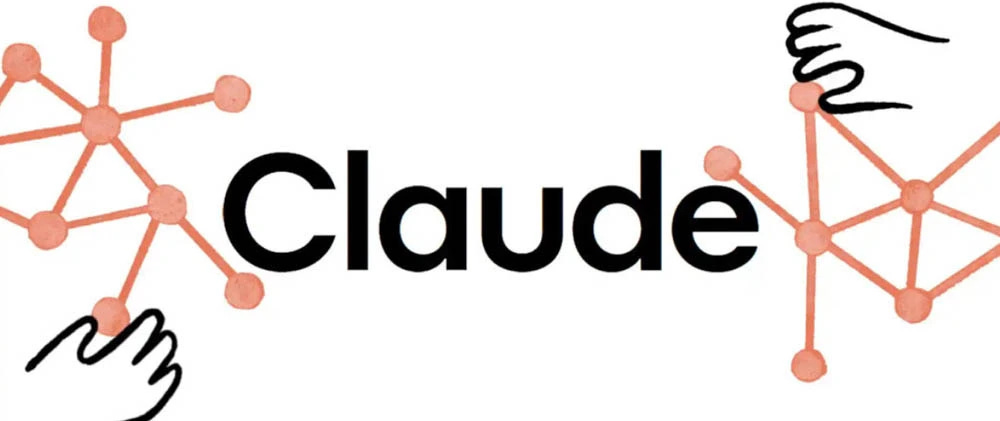Generative AI and Copyright Law: An Update
Training AI on copyrighted works ruled "fair use" by Californian judge
Copyright infringement lawsuits have loomed large over the future of generative AI—but now, for the first time, a U.S. court has delivered a landmark ruling that could shape how similar cases are decided going forward. U.S. District Judge William Alsup has ruled that Anthropic’s use of millions of copyrighted books to train its AI model qualifies as “fair use” under U.S. copyright law.
This ruling is a major setback for authors and artists who have argued that the uncompensated use of their work constitutes “large-scale theft.” The case against Anthropic was brought by U.S. authors Andrea Bartz, Charles Graeber, and Kirk Wallace Johnson, who claimed: “It is no exaggeration to say that Anthropic’s model seeks to profit from strip-mining the human expression and ingenuity behind each one of those works.”
The central issue came down to the “purpose and character” of Anthropic’s use of the copyrighted works. Judge Alsup held that training a large language model (LLM) on these works was “exceedingly transformative.”
In his ruling, he wrote: “Like any reader aspiring to be a writer, Anthropic’s LLMs trained upon works not to race ahead and replicate or supplant them – but to turn a hard corner and create something different. If this training process reasonably required making copies within the LLM or otherwise, those copies were engaged in a transformative use.”
This is a big deal. It’s the first judicial ruling to explicitly state that training AI models on copyrighted works can qualify as fair use under U.S. law. That sets an important precedent—at least at the district court level—and signals that other AI companies may be able to rely on the same legal reasoning when using copyrighted materials for training purposes.
However, the ruling wasn’t a total win for Anthropic. Judge Alsup also found that the company had violated copyright law by acquiring these works through pirated book websites. Anthropic allegedly compiled a central library of more than 7 million illegally downloaded books, which the Judge held was a clear infringement. A trial to determine damages is expected later this year. The court drew a clear line: while the use of lawfully obtained works for AI training may be protected by fair use, the method of acquisition still matters greatly.
Importantly, this ruling applies only under U.S. copyright law. It doesn’t necessarily have any implications for UK law because the fair use defence is much narrower in the UK and individuals can use copyrighted works without permission for scientific research.
The big takeaway for everyone is that Bartz v. Anthropic is the first decision to affirmatively state that AI training on copyrighted works can constitute fair use - if those works were lawfully obtained. At the same time, it underscores a critical limit: piracy is still piracy, even when done in the service of AI training.
While this ruling is not binding precedent (even within California), its reasoning may influence other judges facing similar cases. It marks a significant step toward defining how copyright law applies to AI and just how few rights creatives have in protecting their works from being used as training data for future models.


